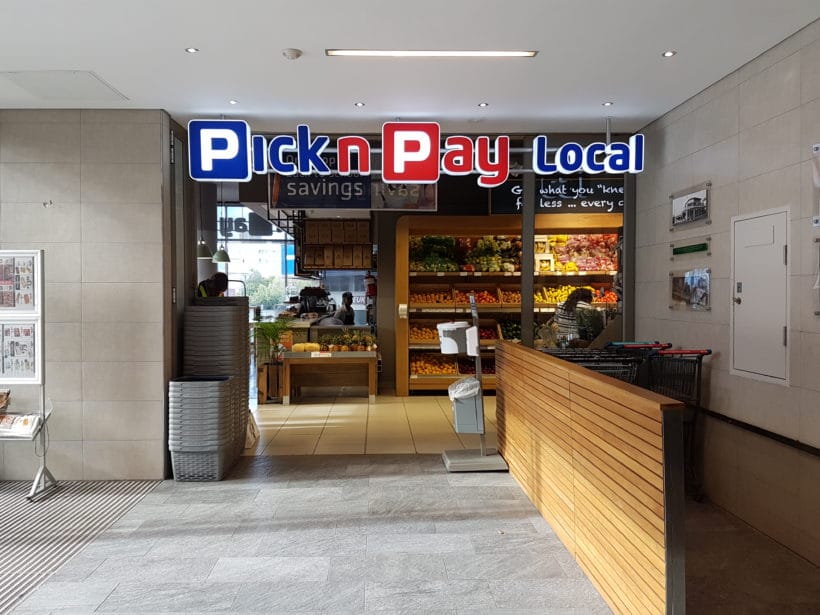
JOHANNESBURG, April 21 (Reuters) – South Africa’s Pick n Pay plans to invest a further 2.5 billion rand ($175 million) in new stores in lower to middle-income communities as it looks to get a bigger piece of the 595 billion rand food and grocery retail market.
Grocery retailers have been fine-tuning their strategies of capturing the larger share of either the premium or less affluent market by offering gourmet prepared meals or moving their shops closer to townships where millions of social grant recipients reside.
Pick n Pay currently holds about a 16% share of the food and grocery market, of which the majority is in the more affluent and middle-income market, said Chief Executive Richard Brasher. However, less affluent shoppers make up most of South Africa’s overall market.
“The group’s new space growth strategy focuses on increasing its store footprint in the lower to middle-income communities of South Africa,” the grocer said.
“The group believes that this area of the South African retail market will deliver the greatest growth over the medium- to long-term, driven by an expanding working-age population, urbanisation, and the ongoing formalisation of the informal market.”
Brasher said the retailer’s discount grocery chain Boxer and Pick n Pay’s value format were “very well placed” to accelerate growth in this part of the market, where it is currently under-represented.
Pick n Pay, with 1,994 stores, has made some inroads in the discount grocery market, where it competes with rival Shoprite , through offering value promotions, including multibuys and centralising its supply chain to improve on-shelf availability.
The new 2.5 billion rand investment will also go towards the group’s central supply chain, it said.
Pick n Pay reported a 21.4% decline in annual headline earnings per share, weighed down by a ban on the sale of alcohol and other products and by one-off compensation and COVID-19 related costs.
Group turnover growth of 4.3% was significantly impacted by bans on the sale of alcohol, cigarettes and other tobacco products, which resulted in an estimated 4 billion rand in lost sales.
($1 = 14.2977 rand)
(Reporting by Nqobile Dludla; editing by Jason Neely and Steve Orlofsky)

